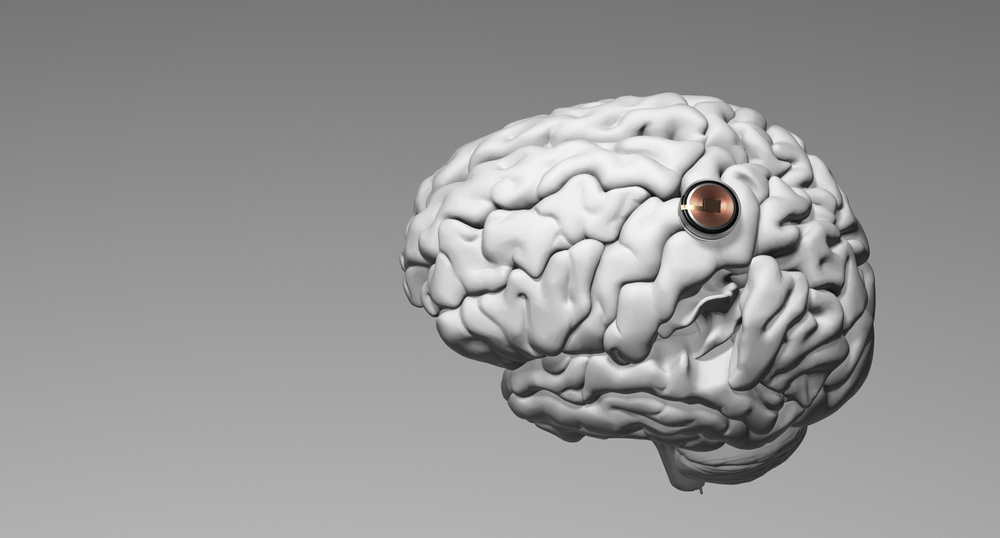Elon Musk’s neurotechnology company, Neuralink, has successfully implanted a brain chip in a second patient with a spinal cord injury, advancing its goal of enabling paralyzed individuals to control digital devices using only their thoughts. The latest announcement came from Musk himself, with confirmation via Reuters on August 4, 2024.
The implanted device, designed to help people with severe mobility limitations regain some level of digital autonomy, has been hailed as a groundbreaking innovation. According to Neuralink, the chip contains 400 electrodes, though the company’s website reports that a more advanced version can accommodate up to 1,024 electrodes.
The Neurochip: How It Works
The implanted chip functions as a capsule receiver, affixed behind the ear in a manner similar to a hearing aid. From this capsule, thread-like electrodes extend directly into the brain. These electrodes are extremely thin, up to four times finer than a human hair. In total, the device can implant as many as 1,500 electrodes, all connected to a 4×4 mm processor. This processor interprets and transmits neural signals, allowing the user to control external devices with thought alone.
A Second Attempt at Success
The first successful implant occurred in January 2024, in a patient who had been paralyzed from the neck down due to a diving accident. The initial success was remarkable—allowing the patient to play video games, surf the Internet, and even post on social media using nothing but his thoughts. However, technical issues surfaced a month later when several of the thread-like electrodes shifted out of place, leading to signal disruptions.
In response, Neuralink adjusted its strategy and announced plans to implant the chip deeper into the brain’s motor cortex in the second patient. This new implantation is part of a broader effort to refine the technology and prevent further complications.
Looking Ahead
Neuralink has ambitious plans for the future. By the end of 2024, the company aims to have implanted chips in at least 10 volunteers. Furthermore, Neuralink is preparing to apply for trials in Canada and the United Kingdom to broaden its scope and assess the technology’s global potential.
For more information, you can read the full story here.
This marks a pivotal moment in medical technology, where thought-controlled interfaces are moving closer to reality for patients suffering from debilitating injuries.


